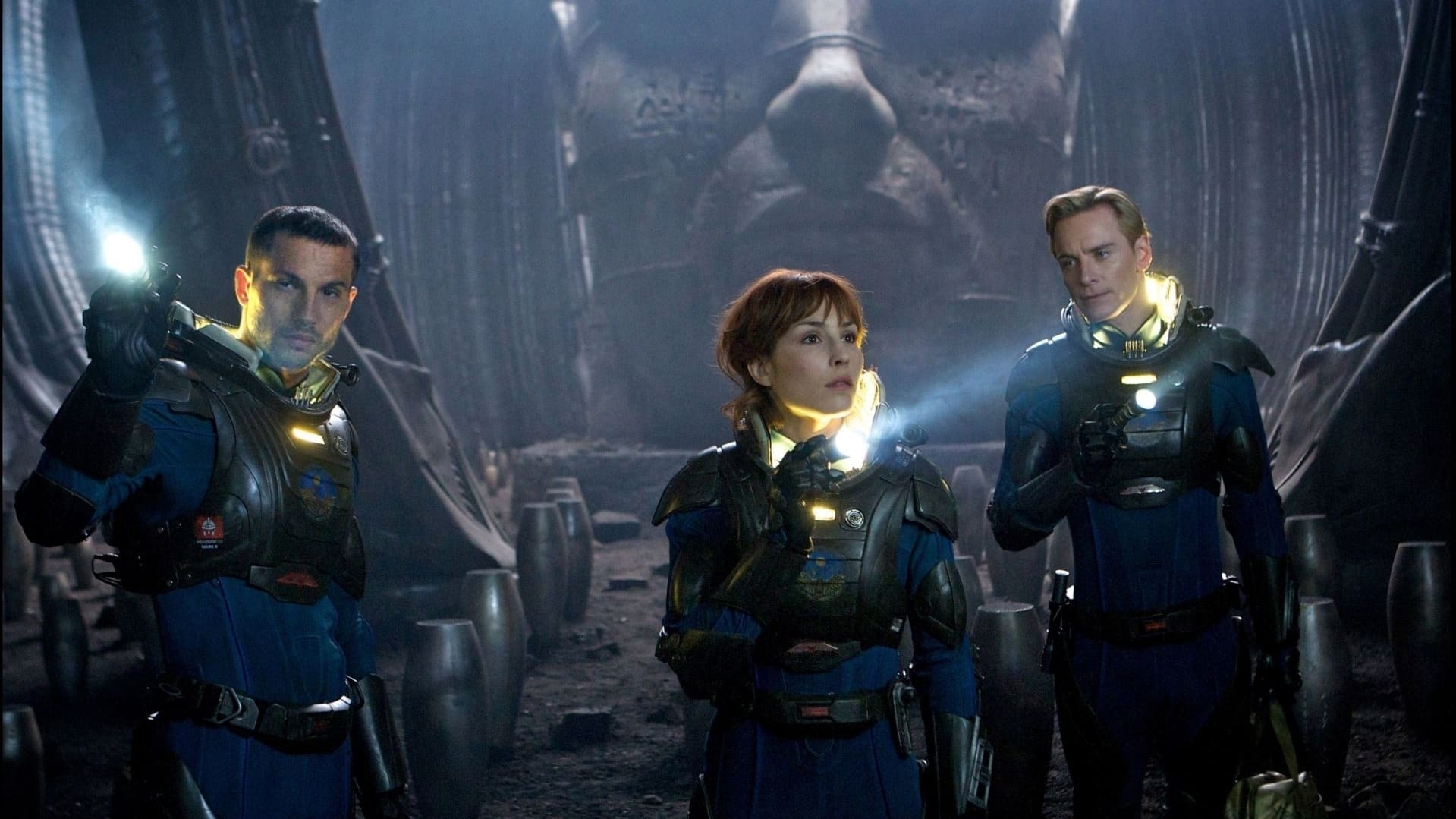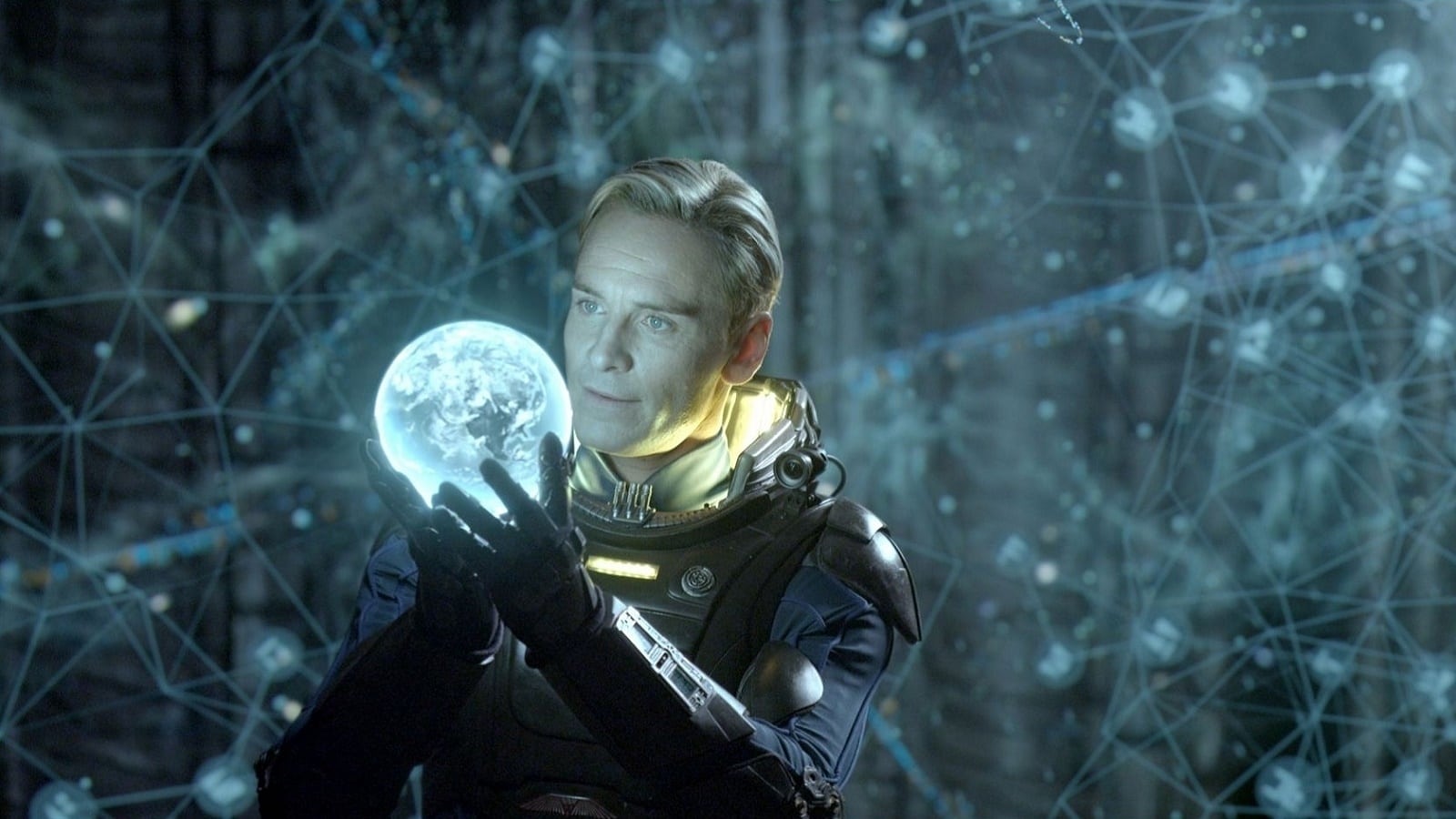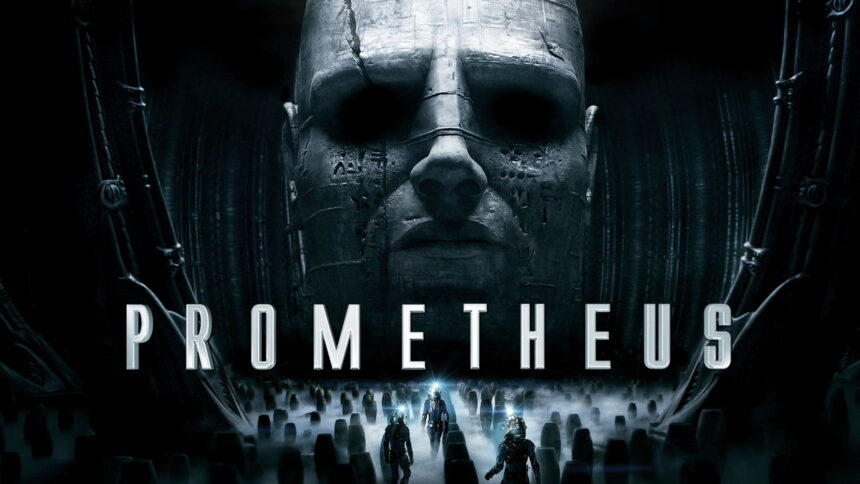Ridley Scott's 1979 classic Alien redefined sci-fi horror, creating a sub-genre that continues to inspire filmmakers. In 2012, Scott returned to his iconic universe with Prometheus. The film, however, proved divisive.

Excitement for Prometheus ran high, with visually stunning trailers and a talented cast featuring Michael Fassbender and Charlize Theron. The movie promised to explore the origins of the terrifying Xenomorphs, yet its abstract narrative and philosophical themes left many fans polarized. While praised for its production design and ambition, its deviations from Alien's tone and structure were controversial.
Recently, Scott, while promoting Gladiator II, candidly discussed the challenges of making Prometheus. In an interview with Deadline, he remarked:
“We were asleep at the wheel… I partly blame myself, except I was busy making other films. When you resurrect [a franchise], you better put your nail into the wall.”
Despite mixed reviews, Prometheus grossed $403 million globally—a modest success that justified its sequel, Alien: Covenant, in 2017. However, the follow-up received lukewarm responses and earned only $241 million.


The experience underscores the difficulty of resurrecting beloved franchises. Balancing fan expectations while introducing fresh ideas remains a high-wire act for filmmakers.
As Scott continues to create iconic films, his reflections on Prometheus serve as a cautionary tale about revisiting cinematic universes without meticulous planning and oversight.
Ridley Scott's admission highlights how even the most celebrated directors face challenges in balancing legacy and innovation. While Prometheus impressed visually and conceptually, its storytelling fell short of expectations. Personally, I appreciated its ambition but felt its lack of character depth hindered emotional connection. Scott's comments suggest a level of self-awareness, which is admirable and crucial for creative growth.
Looking at Alien: Covenant, it's clear that a return to a more traditional approach didn't resonate either. This raises an interesting question: Is it better to innovate and risk divisiveness or play it safe and risk mediocrity?
What are your thoughts on Prometheus? Should filmmakers take bold risks when reviving classic franchises, or is it better to stick to established formulas?












